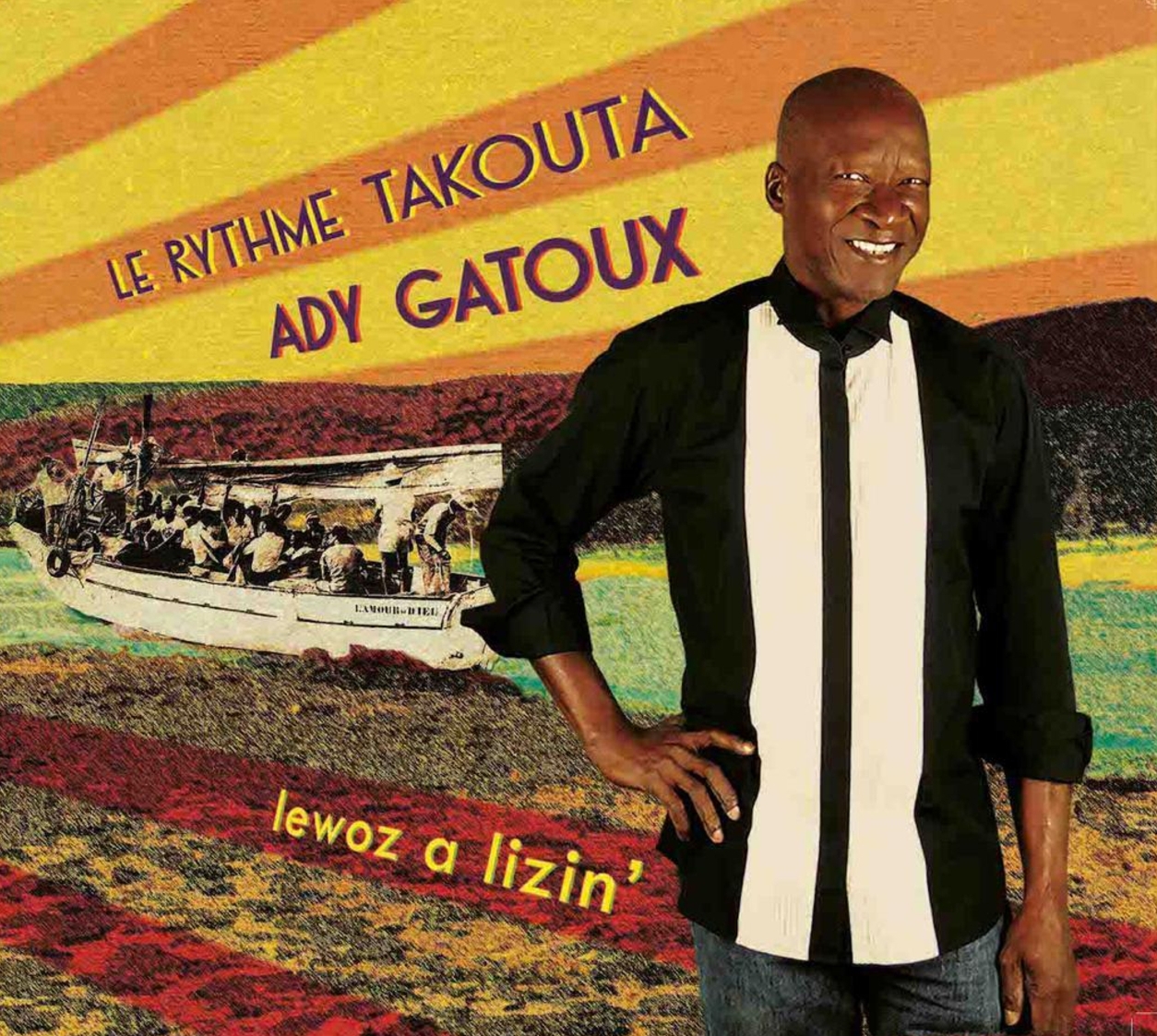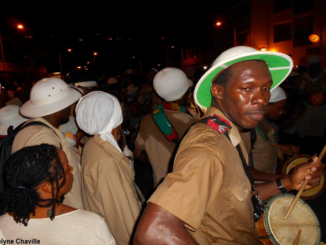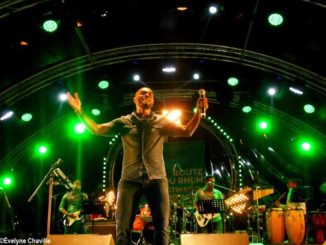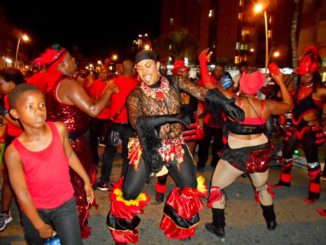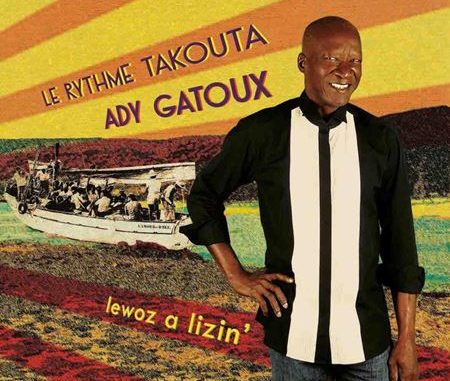
Ady Gatoux, who many do not know, is a great Guadeloupean musician. He will be the guest of honor of the “Diks la si Do” activity at the Médiathèque Caraïbe Bettino Lara in Le Carmel, Basse-Terre, on Friday, September 27 at 7:00 pm. He will present his latest album titled “Le rythme Takouta, Léwòz à lizin”.
In a biography, the gwoka singer, Marie-Line Dahomay, who is also the head of cultural projects and collector of traditional music at the Médiathèque Caraïbe, helps us to know the man who invented with other tanbouyé, more than 40 years ago, the Takouta polyrhythmic concept which is still played today.
We read that Ady Gatoux is 69. He was born into a family of musicians, he learned piano and music theory and discovered several musical genres such as classical, gospel and jazz. But at 15, he chose another instrument, the ka, and another music, gwoka; it must be said that fate wanted him to cross the road of the “Master”, Marcel Lollia also known as Vélo: he watched him play on the street in Pointe-à-Pitre on the way back from school. This choice made his father angry… Like other Guadeloupeans in search of their roots, including those from the city of Pointe-à-Pitre, the young man then joined another “Master”, Guy Konkèt, in Jabrun in the town of Baie-Mahault to develop his knowledge of the seven rhythms of gwoka. He even asked him to join his Groupe Ka without being paid and, for four years, he will perform in concert in Guadeloupe and Martinique with the members.
After having created the Takouta group, which was “a new approach to gwoka music sprung from trance” and developed shows of “transcendent léwòz” during which the spectators were collecting their thoughts instead of applauding, in the early 1970s, Ady Gatoux, and others tanbouyé like Michel Halley, Frantz Camphrin aka Isteng’ Brendeng, Jocelyn Hubbel aka Lenlen and Jean-Pierre Sabine aka Marseau, went first to settle in the island of Marie-Galante, then in the island of Désirade in the mountains. Ady Gatoux who is the oldest member of the band said he had “developed the gift for communication with the ancestors” thanks to this new polyrhythmic concept called “Takouta”. Moreover, it was a “message” that would have asked him to go into exile in the countryside to teach the young members of the group, mainly city dwellers, the country life since gwoka music was born in the plantations during slavery. This exile should also allow their music to gain “greater authenticity”. Several rhythms were created by this musical quest : Takouta-graj, Takouta-woulé, Takouta-toumblak, etc. After two and a half years away from everything, Takouta, which now considered itself a protest group from Désirade and thought they became “matured”, decided to return to Guadeloupe. “Thanks to Takouta, the band gains such a rhythmic power, that it causes unexpected reactions around it. One day a disabled person gets up suddenly from his wheelchair while listening to them. Another time, it was a goat that stand up on his hindlegs to dance”, told Marie-Line Dahomay. The new music group began to perform in Guadeloupe and Martinique. Later, others tanbouyé like the famous Vélo will belong to this music adventure; the death of this “Master” in 1984 will be the progressive end of Takouta. As for his leader, Ady Gatoux, three years later, he will go to live with his sister in Canada. There, he want back to gospel and the study of music. When he returned to his native island, he belonged to the Caribana folk troupe.
Today, Guadeloupean musician lives in France, he plays jazz but he has never forgotten gwoka which was in his youth “a rhythmic volcano”.
